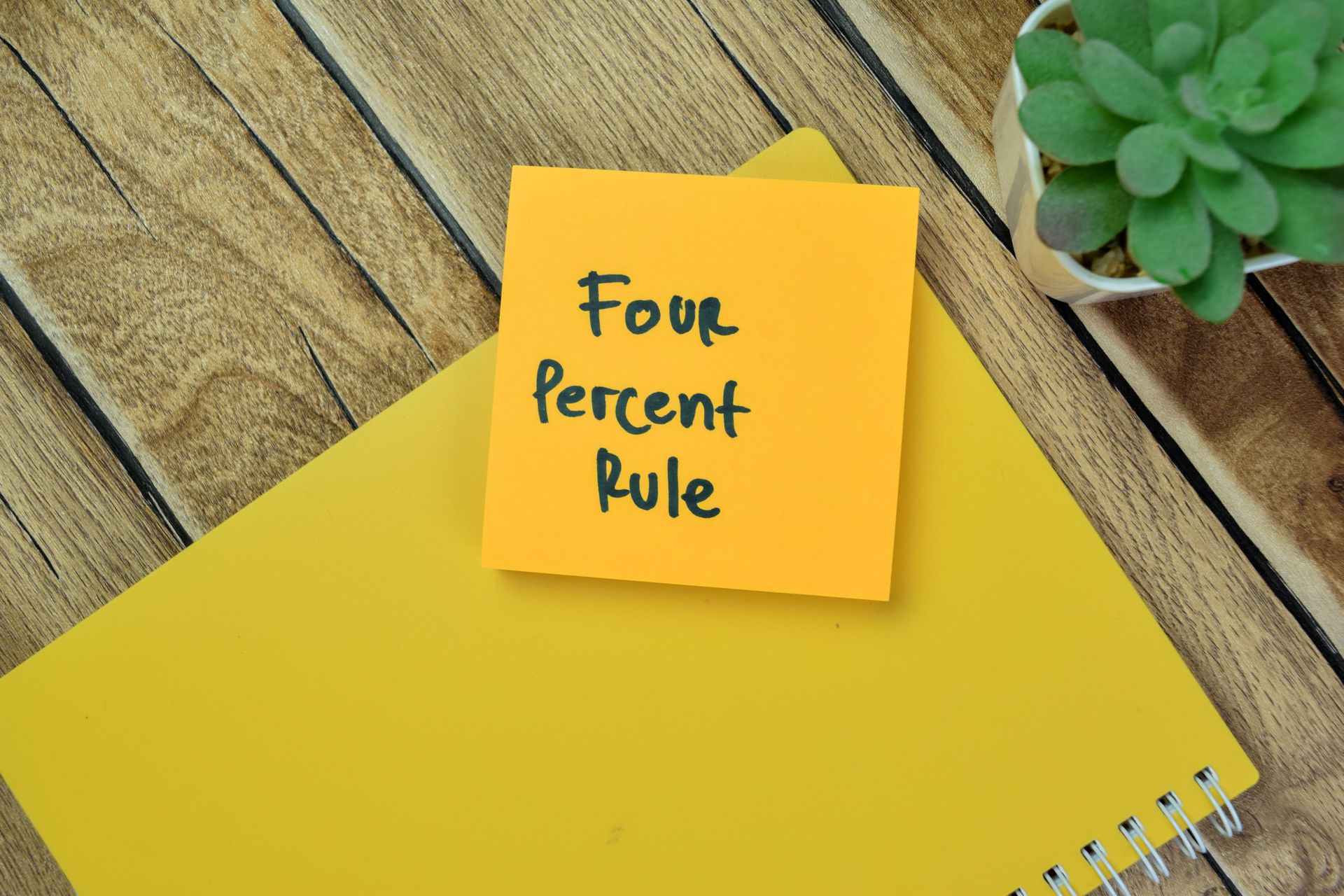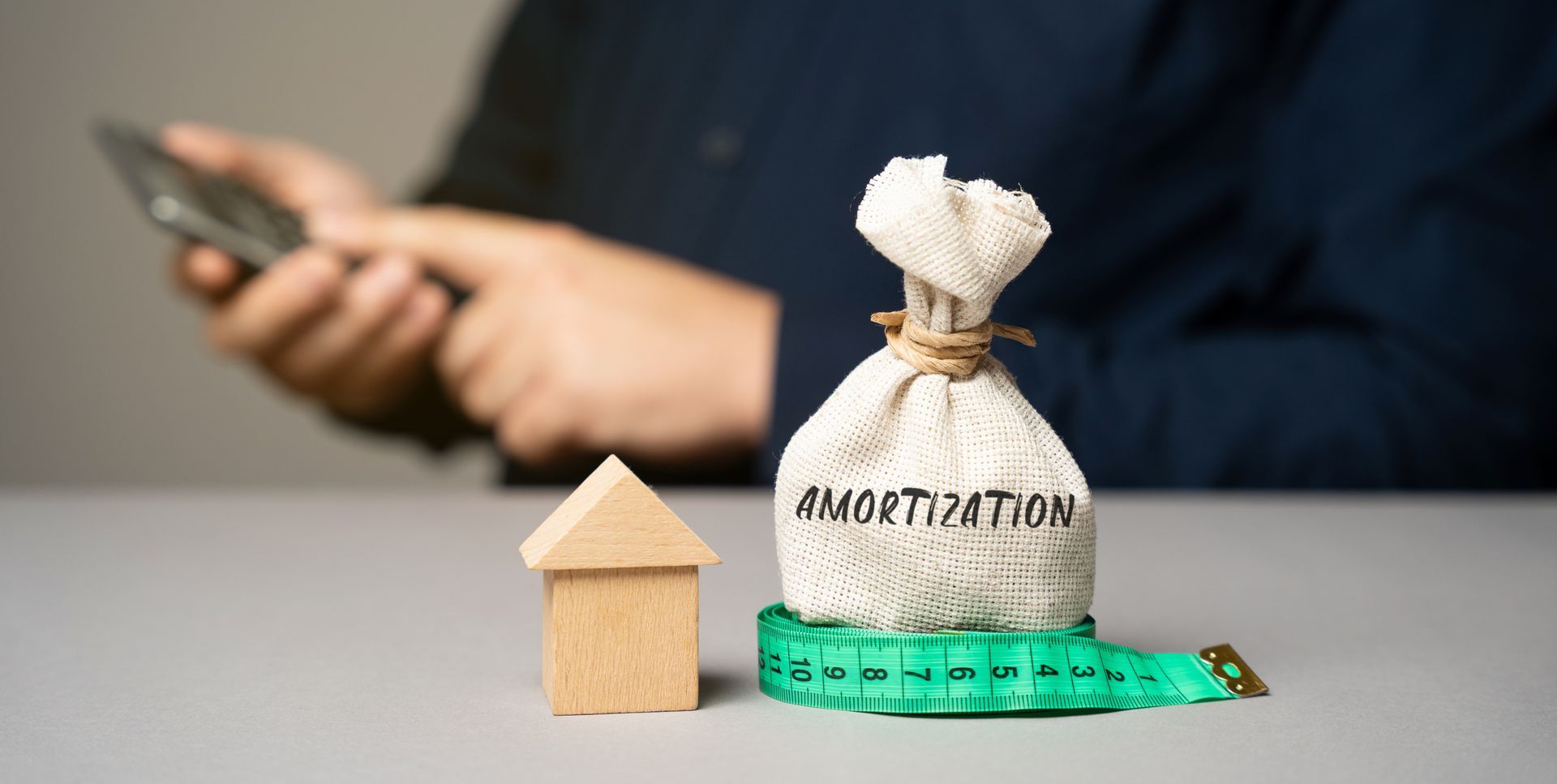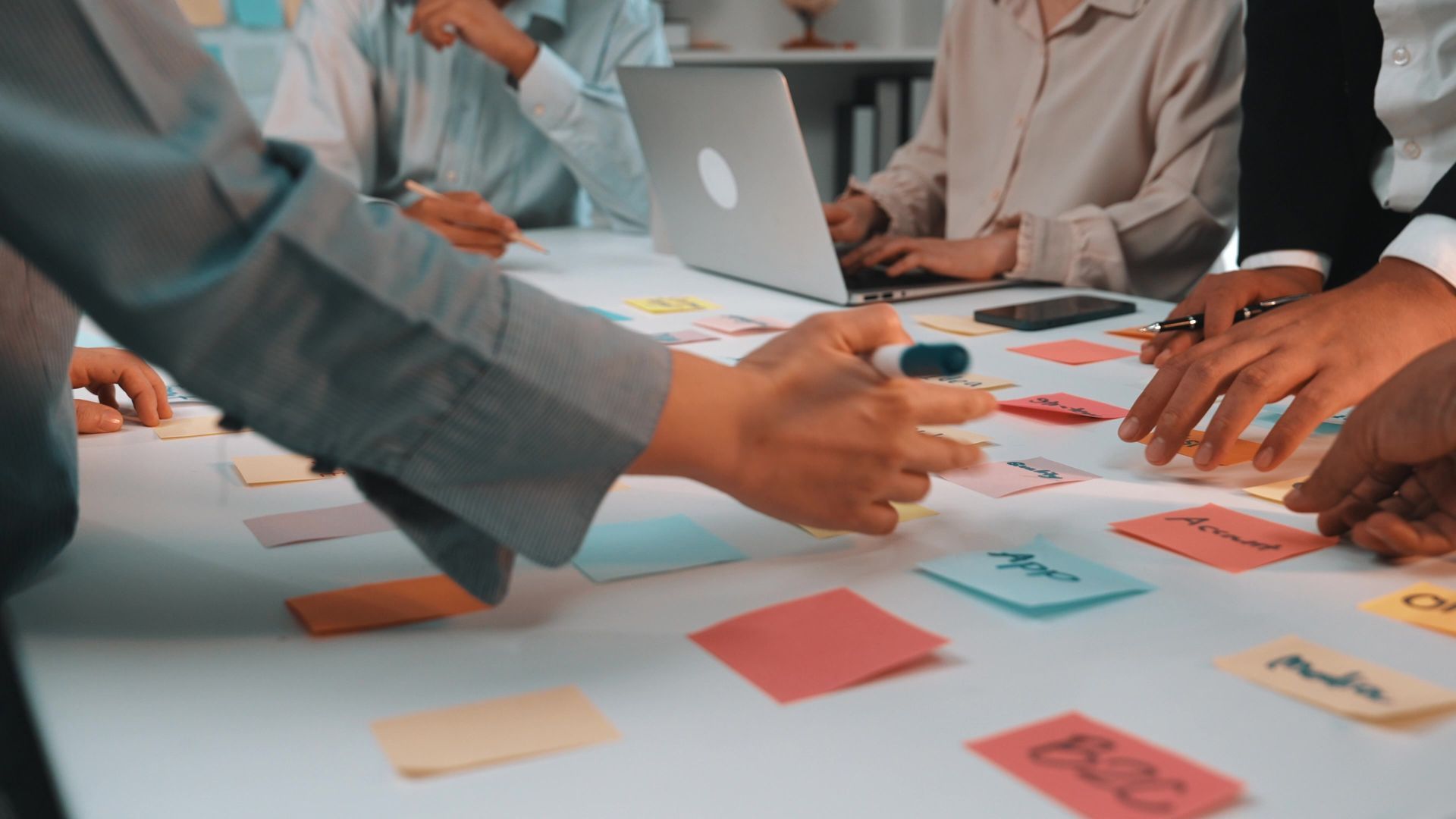Understanding Why “Do Something About It” Usually Means “You Do It for Me”
Real change doesn’t start with outrage — it starts with ownership.
We hear it everywhere: “Someone should do something about this.”
The economy. The government. The cost of living. The system. The banks. But what most people really mean is, “Someone else should fix this, so I don’t have to change anything.”
We want better outcomes without different inputs.
We want transformation without effort.
We want results without rhythm.
“Everyone wants the world to change. Few want to change their world.”
Noise Isn’t Action
We live in a culture that confuses talking about problems with doing something about them. Social media rewards outrage, not ownership.
Complaining feels productive, but it doesn’t move anything forward. It’s the same with money.
People talk about wanting financial freedom, but when it’s time to budget, plan, or give something up temporarily, they freeze.
They’ll repost quotes about discipline and success while paying minimums on credit cards.
They’ll protest high interest rates but sign new 30-year loans.
They’ll say “the system is broken” — while continuing to fund it.
“We’ve mistaken commentary for contribution.”
The Hard Part Is Doing It Quietly
Real change rarely comes with applause.
No one cheers when you skip dinner out to pay down debt.
No one posts congratulations when you meal prep, track expenses, or tithe in faith.
No one notices when you finally take control of your timing instead of chasing someone else’s.
But those quiet choices are the real “something” you can do.
That’s how peace begins, not in public reaction, but in private alignment.
“People cheer protest but ignore discipline, because one feels good, the other builds good.”
Responsibility Before Reform
You can’t fix a system you still depend on. You can’t change a culture while copying its habits. And you can’t lead others to freedom if your own finances are still chained to the same timeline as the banks designed.
If you’re still paying on autopay, refinancing out of fear, or chasing comfort instead of structure — you’re not escaping the system; you’re feeding it.
The first step isn’t reform, it’s responsibility. Take ownership of your own rhythm before trying to reset the world’s.
“You can’t break the system if you still make the payments it needs to survive.”
The Tacoma Reality
In the South Puget Sound, the cost of living keeps rising, and frustration comes with it. People are working harder than ever and still feeling stuck. But the problem isn’t effort, it’s focus.
Families here don’t need another voice shouting, “Someone should do something.”
They need structure, a way to move their money and manage their time that reflects what they value most. Because peace doesn’t come from what you earn; it comes from what you keep, and how you keep it moving.
Do Something — But Start Small
You don’t need a platform, a protest, or a perfect plan. You just need to move differently.
Start with your own life.
- Track where your money goes.
- Reclaim a single wasted payment.
- Fix one small leak in your flow.
- Be generous with intention, not guilt.
That’s what doing something actually looks like. It’s not loud, but it’s lasting.
“If you want to change the world, start by changing how your money moves.”
The Financial Minimalist View
At Financial Minimalist, we believe the most powerful reform begins at home.
You can’t save a system that thrives on dependency, but you can stop feeding it.
Every time you take ownership of your flow, you’re doing something about it.
Every time you choose structure over stress, you’re doing something about it.
Every time you move money with purpose, you’re doing something about it.
It doesn’t need to be dramatic, just consistent.
“Freedom doesn’t start with a movement. It starts with a decision.”
Key Takeaways
- “Do something about it” starts with your own choices.
- Talking about change isn’t the same as taking responsibility.
- The system depends on your autopay — awareness breaks the cycle.
- Real action happens quietly: planning, giving, and stewarding well.
- Freedom begins with ownership, not outrage.
Final Thought
It’s easy to point fingers.
It’s harder to pick up the tools that fix what’s broken — especially when the tools are your own habits.
But the truth is, you don’t have to fix everything.
You just have to start with what’s yours.
That’s how you stop reacting to the world and start reshaping it.
“Everyone says, ‘Do something about it.’
The real question is — will you start with you?









